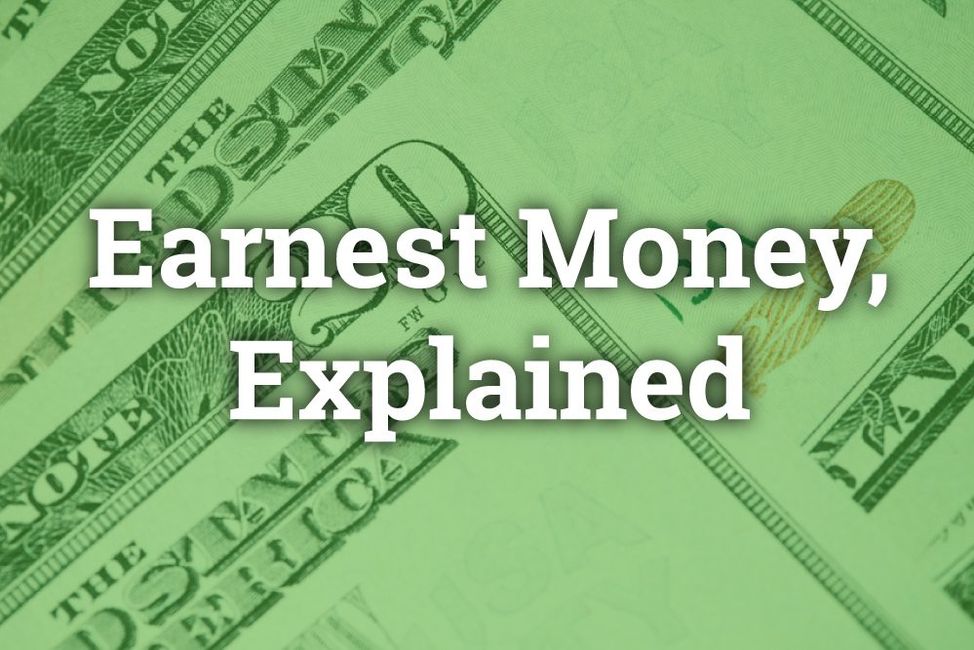When you make an offer on a house, sellers typically require a deposit (or “earnest money”) up front, to signify that they are legitimately interested in purchasing the house; as opposed to keeping it from other potential purchasers until they have actually made up their mind. This is particularly relevant when you are seeking to finance the house through a mortgage (e.g., does that “earnest money” go to the down payment, or is that money stuck with the seller). As a general rule, you will not get your “earnest money” back – but like all rules, there are exceptions.
As noted above “earnest money” is synonymous with “deposit.” Typically, home sellers require a would-be purchaser to make a deposit on the house (typically between 1 and 2 percent of the total selling price) within 5 days of a seller accepting an offer. From there, the money goes into an escrow account (escrow is essentially a middle-man who holds money or things in trust and releases the money or thing once certain conditions have been satisfied – the money cannot be accessed by anyone prior to the occurrence or nonoccurrence of specific events).
Assuming all the conditions are met, and no funny business occurs, the deal will likely close (you pay the seller, and you get title and some shiny new keys). Once closing has occurred, the escrow agent will unfreeze the “earnest money” you provided upfront; however, there are certain situations where you will actually get that money back. In the typical case, where you put cash down, “earnest money” is typically applied to the costs of closing the deal or towards your down payment on the house itself. However, if you have a secured loan that does not require a down payment (Like VA loans, or U.S. Department of Agriculture backed loans), the money will be applied to the cost of closing with the remainder going back to the purchaser. Ultimately, it’s not the end of the world if you don’t get your “earnest money” back, as it will be applied to the massive loan you took to purchase the house in the first place – which saves you money in the long term.
At the Chernov Team we understand that knowledge is power, particularly where that knowledge involves various aspects of finances in relation to the process of purchasing a home. At the Chernov Team we know that whoever comes to the table most prepared leaves with the most, and the Chernov Team always leaves the table most prepared.
